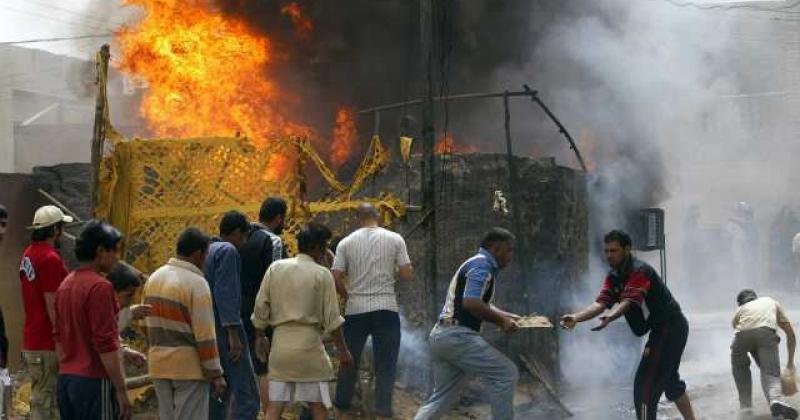“Today we are in a world at war, everywhere! Someone told me: you know, Father, that we are witnessing the Third World War - but waged in chunks, in different chapters”. Francis’ words on war, and on the bombs that kill both guilty and innocent alike, hitting women and children, describe the grim reality of today, rather than display a fear for a new imminent world war.
And that is why on the face of the tragic conflict in Iraq, and the ISIS extremists who carry out a massacre of religious minorities, the Pope, while reiterating the traditional position of the Catechism, stating that it is necessary to halt unjust aggression, clearly specified that “to halt” does not equal “to bomb”. He moreover added that, contrary to what is happening, the international community, rather than a single nation, must decide how and when to intervene.
The situation is tragic, and violence must be stopped. But we must never forget what happened in this region due to previous “unjust wars”, fought in order to “export” democracy or eliminate weapons of mass destructions that were never found. In 2003, John Paul II cried out with all the strength left in him to plead against the onset of a war in Iraq. Today, the issue is not whether to wage another war but end the massacres; a situation resembling the one in Kosovo at the end of the 1990s. Then, Pope John Paul II and the Holy See hoped for an intervention under the aegis of the UN, with peacekeeping forces, to stop the ethnic cleansing.
It was decided for a NATO intervention, characterised by “smart bombs” that never turn out to be that smart. This explains why, although confronting a tragic situation and the urgency of an intervention that is deemed legitimate in order to halt violence, Francis asks for an upsurge of conscience within the international community, instead of straightforward support for an American intervention.
We must also not forget, in the words of the Pope, the emphasis he laid on the fact that different religious minorities are victims of violence, not only Christians. Certainly the followers of Christ risk extinction in areas where they have been present for two millennia. But it must not be forgotten that ISIS has targeted Shiite Muslims too, as well as persecuting other religious groups, such as the Yazidi.
To represent current events as a showdown between Christianity and Islam, requesting new crusades, is an oversimplification which results in the ideological exploitation even of martyrdom. Thus, there is the risk of complicating further the situation that should be resolved, by identifying with the West those Christians who have also been citizens of Middle Eastern countries for the past 2000 years.
